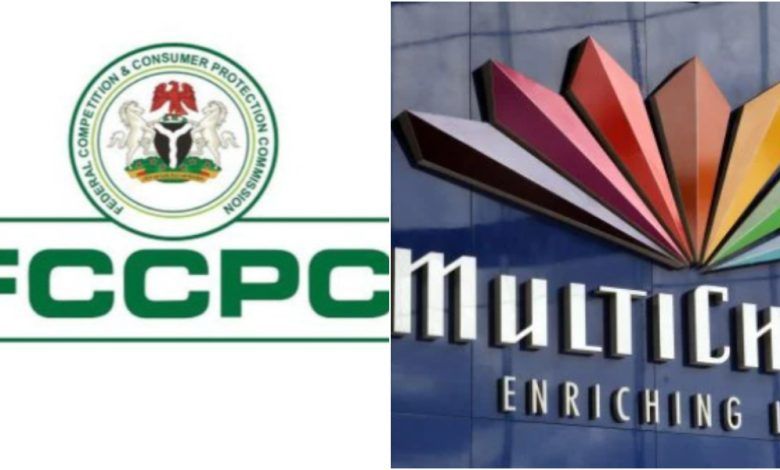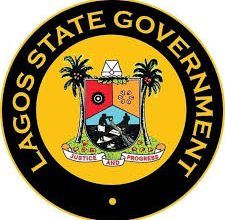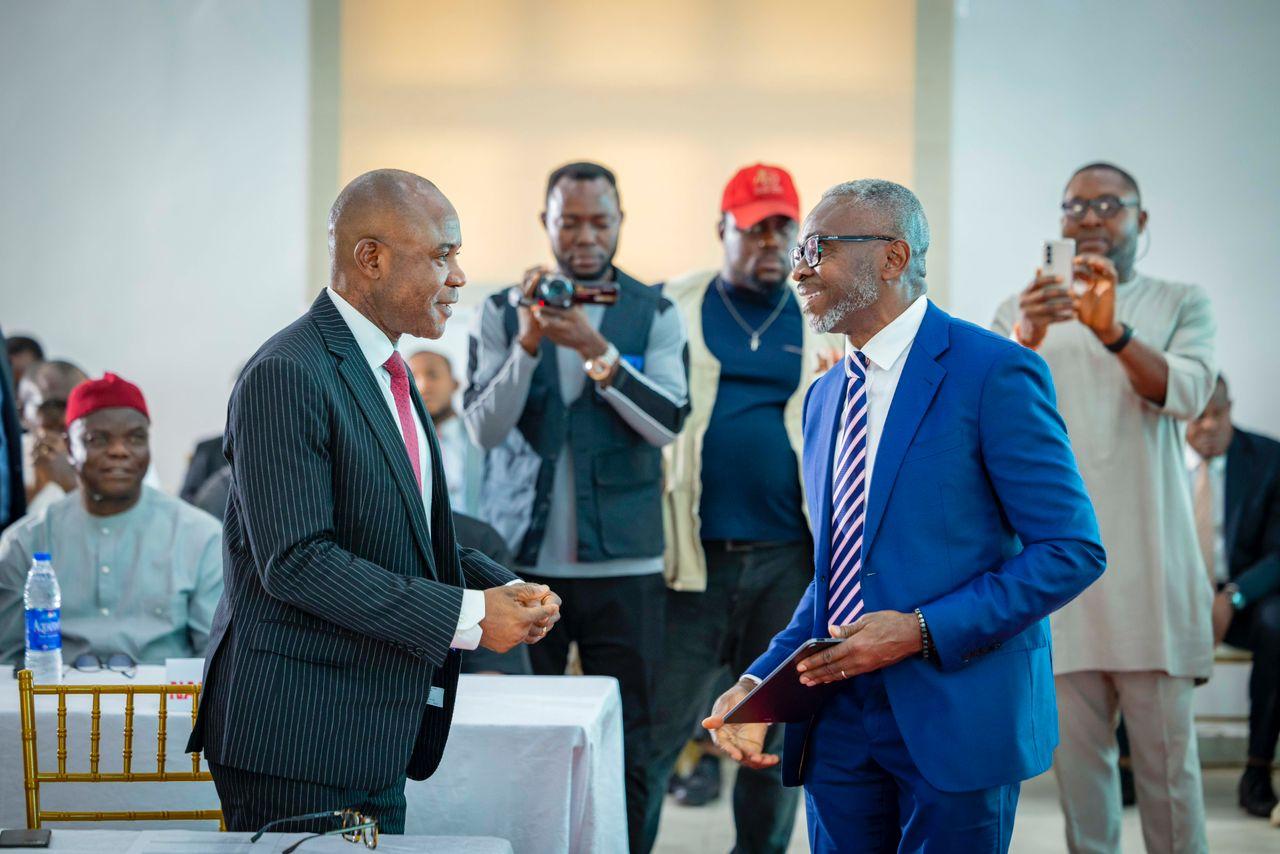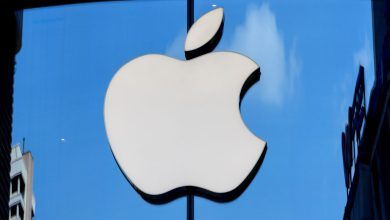
A Federal High Court in Abuja, led by Justice James Omotosho has dismissed a lawsuit filed by MultiChoice Nigeria, the owner of DStv and GOtv, challenging the intervention of the Federal Competition and Consumer Protection Commission (FCCPC) over its recent subscription price increase. The ruling, delivered Thursday, marks a significant legal victory for the company.
In his judgment, Justice Omotosho described the suit as an abuse of court process, pointing out that similar proceedings were already underway in Lagos State. He stressed that MultiChoice should have pursued its claims in the Lagos court, making the Abuja filing inappropriate.
The court, however, affirmed that while the FCCPC has the authority to investigate market practices, it lacks the power to unilaterally fix or suspend prices unless explicitly authorized by the President through a gazetted instrument—a delegation that was not presented in this case.
Justice Omotosho also emphasized that Nigeria operates within a free market economy, where service providers such as MultiChoice retain the right to set their own prices, with consumers free to accept or reject those prices.
The judge further ruled that the FCCPC’s actions, including its directive to MultiChoice to suspend its price increase, had infringed on the company’s right to a fair hearing. He also criticized the commission for appearing to selectively target MultiChoice while disregarding similar practices by other service providers.
The court rejected the FCCPC’s claim that MultiChoice holds a dominant market position, labeling the argument as unfounded. Justice Omotosho pointed out that services like those provided by MultiChoice are not essential and that Nigeria could function without them.
The ruling follows MultiChoice’s decision to raise subscription rates by up to 25% on March 1, 2025, citing rising inflation and operational costs. In response, the FCCPC had called for a regulatory review and threatened sanctions, leading to the legal dispute.
Justice Omotosho reiterated that while the FCCPC, as a federal agency, has powers to investigate market practices, it must do so within the confines of the law. He stressed that the FCCPC exceeded its authority by issuing the suspension order without first conducting an investigation into MultiChoice’s pricing.
Furthermore, the judge clarified that Nigeria’s free market system places the power to regulate prices solely in the hands of the President, who can only take action to control prices across entire sectors, not on a case-by-case basis. Justice Omotosho highlighted that only with specific presidential authorization could the FCCPC have the authority to intervene in price setting.
The ruling also referenced a 2022 decision by the Competition and Consumer Protection Tribunal, which upheld MultiChoice’s right to increase its prices, noting that consumers still have the option to choose from alternative pay-TV providers.
Justice Omotosho concluded by criticizing the FCCPC for what appeared to be selective targeting of MultiChoice, while ignoring similar price hikes by other pay-TV platforms and digital services like YouTube operating in Nigeria.
This judgment reaffirms the autonomy of private companies in a free market system while underscoring the need for regulatory bodies to act within the boundaries of their legal authority.





